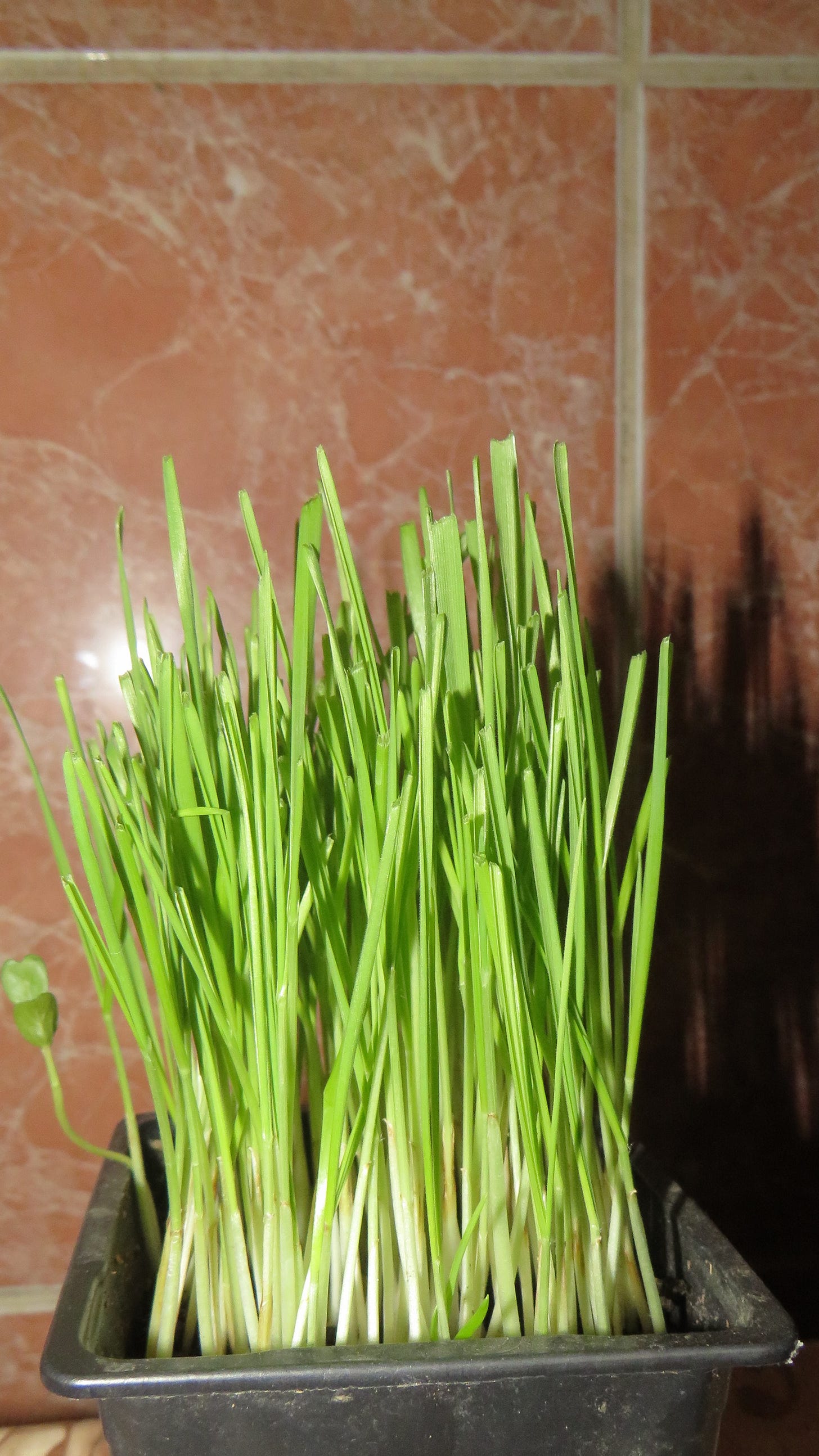If I asked you what’s the date of Christmas your answer will most likely be the 25th of December. Well in Serbia that would be correct if you lived in Vojvodina.
Serbs celebrate Christmas on the 7th of January because the Serbian Orthodox Church (Српска Православна Црква) still uses the Julian Calendar. This leads to a natural question. What else is different?
Badnji dan
In the early morning the father ventures out into the forest to cut a young oak called the “Badnjak” (Бадњак). As this day is very special it’s not uncommon to see people fast even if they didn’t do it for the entire advent. Then Christmas eve comes around, Badnje veče on Serbian. Everyone goes to church for liturgy. Once it’s done, everyone gathers outside the church where all of the badnjaks are set on fire.
Christmas day
Rejoice! It is Christmas day. At dawn the family is greeted by a položajnik (положајник). The položajnik is the first guest who kindles the fire and is thought to bring luck to the house and family. For breakfast a česnica, a type of bread, is baked with coins. Whoever finds the coins is considered fortunate for the next year. “Христос се роди” is the phrase you great everyone on Christmas day and it means “Christ is born”. The response to that is “Ваистину се роди”, roughly meaning “Truly is born”.
Countryside traditions
There are plenty traditions exclusive to the countryside that aren’t celebrated in cities. One such example is in the region I grew up in where Wallachian culture is prevalent. During Christmas eve children would go on Koljindec (Кољиндец). It’s very similar to caroling. They would go from house to house singing Christmas songs. If they did well, they might recive candy and a couple of bucks.
There are other traditions and sayings regarding Christmas. One states that you should do difficult stuff on Christmas morning because it will be easier. Another one around the city of Niš (Ниш) says that all household members should take off their footwear at the same time for good luck. And if you’re looking for romance in Southern Serbia it’s believed that boys and gals who sleep on straw strewn on Christmas Eve dream of their future Spouse.
Conclusion
Although Christmas is a worldwide holiday many cultures celebrate it differently.
Now I’d like to turn the tables and hear from you. What Christmas traditions do your culture and family follow? Write it in the comments or send me an e-mail.








